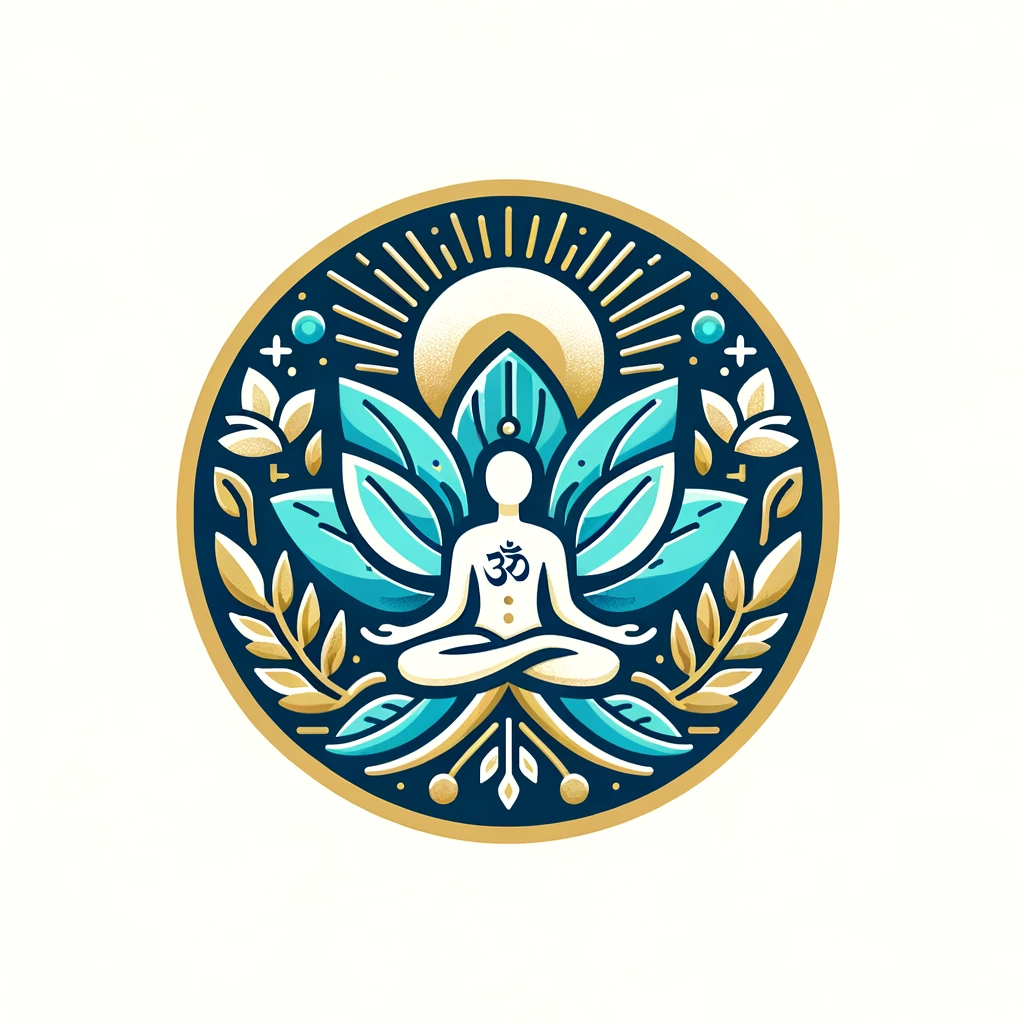This holistic course explores the profound teachings of Vedanta, a school of Hindu philosophy, focusing on self-discovery, mind management, and the pursuit of happiness. Led by esteemed instructors Swami Sarvapriyananda and Pravrajika Divyanandaprana, the course delves into the intersection of ancient wisdom with modern science, including neuroscience, psychology, and subjective research methodologies.
- Holistic Exploration: Combine ancient wisdom with modern science.
- Practical Techniques: Learn actionable methods to apply Vedanta teachings.
- Weekly Assignments and Sadhanas: Engage in meditation, breath control, self-reflection, and journaling.
- Personal Growth: Understand and apply Vedanta principles for inner peace and growth.
- Optional Readings: Further enrich your learning experience.
- Final Project: Demonstrate your understanding and application of Vedanta.
-
Swami Sarvapriyananda
- Hindu Monk, Head of Vedanta Society of New York
-
Pravrajika Divyanandaprana
- Monastic Member of Sri Sarada Math, Renowned for Disseminating Indian Knowledge Systems
VedantaGPT (Requires ChatGPT Plus)
- Essence of Bhagavad Gita (1:14:07)
- What is Vedanta? (1:02:47)
- Who am I? (1:10:03)
- How to know the knower? (1:24:33)
- Is Atman a theory? (1:25:33)
- Self Enquiry (1:25:33)
- Thou Art That (1:24:33)
- Meditation Series: Vedantic Meditation with Swami Sarvapriyananda (33:06)
- Mind and Perception (1:02:35)
- Techniques of Mind Management (1:21:38)
- The Real and the Apparent (1:22:54)
- Vedantic Perspectives to Modern Neuroscience (58:01)
- Research Methodologies for Subjective Science (1:05:45)
- Human Personality (1:12:08)
- Developing Will for Effective Leadership (1:02:00)
- Meditation Series: Vedantic Meditation: Retreat (Parts 1-4)
- Ideal of Karma Yoga (1:04:34)
- Karma and Mind Management (1:21:47)
- What is Duty? (1:09:13)
- Theory of Ethics (1:18:11)
- What makes Character? (1:06:04)
- Determinism and Free Will (1:17:26)
- Bhagavad Gita on Self Knowledge (1:03:56)
- Meditation Series: The Goal of Meditation (1:11:03)
- Understanding Happiness (1:18:54)
- Source of Happiness (1:34:07)
- The Ladder of Happiness (1:32:09)
- Existential Enquiry and Meditation (1:06:14)
- How to Apply Yoga Vedanta (1:02:00)
- Self Discovery (1:08:21)
- Self Management (1:11:59)
- Vedanta in Five Parables (1:11:47)
- Yoga, the Art of Attention (55:30)
- Science of Focus (56:45)
- Samyama, The Heart of Yoga (58:31)
- Meditation Techniques (56:33)
- Reprogram Your Mind (1:00:34)
- Thou Art That (1:24:09)
Sadhana: 21 Days Yoga Challenge (Integrated):
- Participants are required to join the follow this for the daily yoga practices.
- Please repeat the practice one time per day throughout the duration of the course.
- Please suit yourself with a comfortable meditation or Pranayama practice of your choice.
- A day every week should be designated for intermittent fasting until 4 PM to improve the mental clarity.
- Participants must wake up before sunrise throughout the duration of the course.
- Assignment: Create a digital story or a short video presentation detailing your understanding of the Atman (the true self) and its distinction from the physical and mental entities. Use personal experiences or creative storytelling to illustrate these concepts.
- Sadhana: Along with daily yoga practice, incorporate a weekly thematic meditation focusing on different aspects of the self (body, mind, intellect, and Atman).
- Assignment: Conduct a mini-research project where you interview individuals about their perception of reality and then analyze their responses in light of Vedantic teachings and neuroscience findings. Prepare a report or presentation on your findings.
- Sadhana: Practice mindfulness exercises in different settings (nature, home, workplace) to observe the changes in mind and perception.
-
Assignment: Create a "Karma Diary." This diary should serve as a reflective journal where you record daily actions and decisions, particularly those involving ethical dilemmas or moral choices. At the end of each day, reflect on these actions in the light of Karma Yoga principles. Reflect on how this service impacts your character development and understanding of duty (Dharma).
-
Sadhana: Implement a daily routine of self-reflection, focusing on actions (Karma) and their ethical implications, along with your regular Yoga and Pranayama practices.
- Assignment: Develop a personal blog or diary entries that document your journey of applying Vedantic principles in everyday scenarios, focusing on challenges and how Vedantic teachings helped you navigate them.
- Sadhana: Choose a specific Vedantic meditation technique and practice it consistently, documenting your experiences and insights in a journal.
- Assignment: Engage in a focused study of a particular aspect of Vedanta (like a specific Upanishad or a concept like Brahman). Prepare a detailed essay or presentation that includes both your research and personal insights.
- Sadhana: Combine daily Yoga practice with advanced concentration techniques, such as Dharana (focused concentration) and Trataka, increasing the duration gradually.
Course Conclusion:
Participants will gain a deep understanding of Vedantic philosophy, practical tools for self-discovery, and insights into mind management and happiness.
Question Bank and Paper
Question banks and papers with the final project ideas are provided in the repository.
Coursework Readings (Optional):
- The Yoga Sutras of Patanjali
- The Upanishads (selected chapters)
- The Bhagavad Gita
- The Brahma Sutras
- The Vivekachudamani (Crest Jewel of Wisdom)
Credits goes to National Resource Centre for Value Education in Engineering (NRCVEE) and YouTube for the course materials, ChatGPT Plus and Claude 2 for creating the question banks and DALLE-3 for creating a beautiful course logo.
